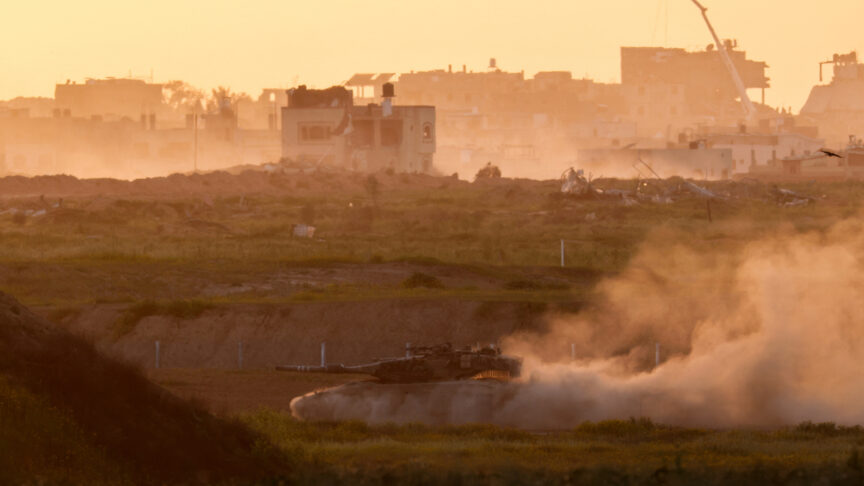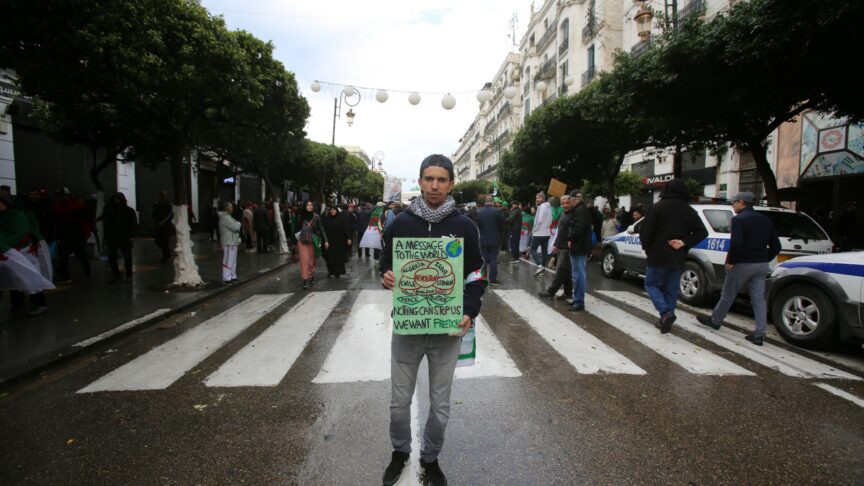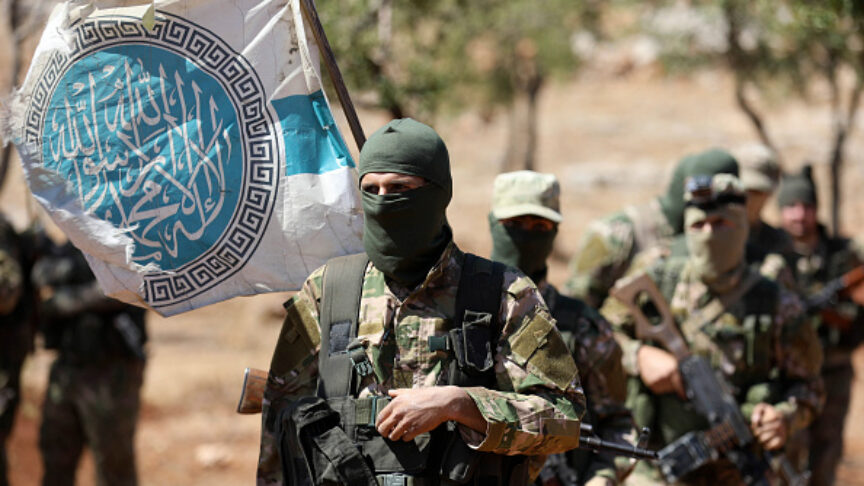
The Gaza crisis: Mapping the Middle East’s shifting battle lines
This new ECFR mapping project identifies the spillover effects of the Gaza war in countries across the Middle East

This new ECFR mapping project identifies the spillover effects of the Gaza war in countries across the Middle East

The conversation around achieving peace and prosperity in the Middle East and North Africa needs to become more inclusive and diverse, through an injection of fresh ideas and perspectives from regional voices

European states face accusations of neglecting the matter of human rights in their southern neighbourhood, and even of being complicit. Yet they are failing to maximise the influence they could bring to bear

European governments need a deeper engagement strategy to draw these powerful actors into inclusive political processes and power-sharing structures that can help stabilise the region
The eastern Mediterranean is becoming ever more perilous as geopolitical fault lines steadily enmesh the region. These rifts emerge from the Cyprus ‘frozen conflict’, competition for valuable gas fields, and the increasingly entangled wars in Libya and Syria
Turmoil in the Middle East and north Africa directly affects Europeans. Yet their influence in the region has never been weaker. This project maps Europe’s role across the Middle East and north Africa, making the case that Europeans can do more to leverage their influence in pursuit of core interests
ECFR’s Differentiation Tracker provides a snapshot of third state relations with Israel – and the extent to which these contain a clearly defined territorial definition that explicitly excludes Israeli settlements constructed on occupied territory in line with UNSCR 2334
Violence is tearing Mali and the Sahel apart. But who are the armed groups behind the bloodshed? Where are international actors stationed in the region? And what motivates them all?
An ECFR guide to the key disputes threatening to spark a wider Middle Eastern war
This interactive web project charts the constellation of political players as Palestinians approach a period of political change. Over 100 pen portraits reveal new insights into the personalities and power structures that will shape the future of Palestinian politics